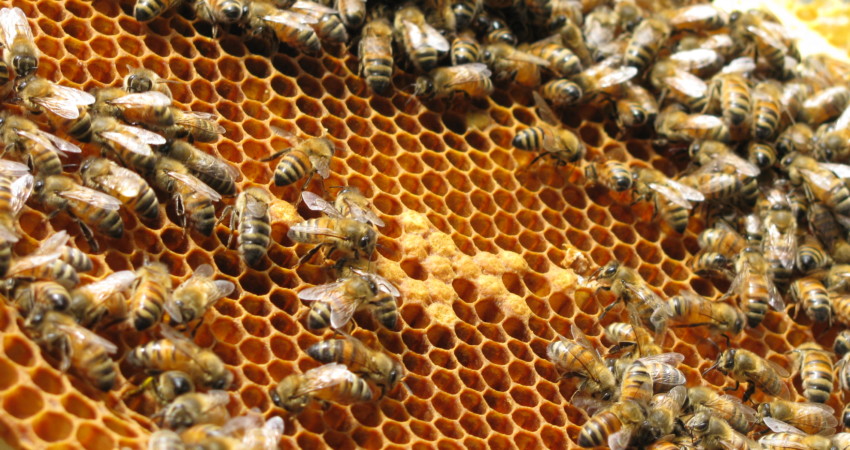

Shortage of honey in the market prompted Brian Ssenoga, a journalist by profession, to venture into honey production to reduce the deficit.
According to the United States Agency for International Development, Uganda produces about 12,000 tonnes of honey against a demand of 361,000 tonnes. “In 2015, a media friend approached me in the office and inquired where to get natural honey. My homeland is associated with honey and so he did not feel lost to ask me. Unfortunately I did not give the answer he expected. We got into exploring the honey business and that’s where I got my idea from,” said Ssenoga.
How he started
Senoga, who was a reporter with Daily Monitor found out that it was difficult to trust any honey product in the market, and thus, dealing with beekeepers was the ideal thing.
After almost three months waiting for one litre supply from a farmer he was referred to, it hit his mind that if that is what it take to get natural honey, then he could try it out and be more efficient and trustworthy. That is how his honey production journey began. “I went home and assembled a locally made beehive using local wood using YouTube as my teacher,” said Ssenoga. “I got impatient and I could not wait for bees to colonise my hive and have the first harvest, I set out on a journey to find beekeepers in our village and bought all their supplies. I only got five kilogrammes at Shs52,500 and packed them into one litre soda bottles which I sold at Shs20,000 per litre. In two days I was out of stock,” he said.
Mihoney brand
Currently, he owns 74 bee hives set at his father’s land, out of which 62 are colonised; he is assured of getting two kilogrammes of raw honey per hive every three months. In 2015, he registered his company, Mihoney Limited that produces the Mihoney brand of honey. A kilogramme of this produce goes for Shs20,000. He has three employees, one for delivery to clients, one for marketing through social media and another takes care of the hives. “Our clientele are mainly referrals looking to get unadulterated products from suppliers they can trust. From initial five litres stock, we currently stock up to three tonnes. Technology is our main link to new clients with sales coming from online platforms such as Facebook and Jumia,” said Senoga.
Rich in nutrients
“Mihoney honey has high antioxidant activity and is rich in vitamins and other minerals making it one of those foods that can benefit you daily. Raw, unfiltered honey is beneficial because it is minimally processed, keeping its nutritional profile intact.”
Senoga also sources honey from farmers at Shs10,500 per kilogramme. Currently he has 37 registered farmers who supply him with the produce.
Of this, 12 are from Lubirizi District, eight from Mitooma, six from Kotido and the rest are based in Masindi District.
Market
Most of the clients he gets are referrals and some are from his Facebook page, Mihoney and Watsapp.
“Once a farmer informs us that he has beehives and wants to supply honey, we usually ensure we are present at the ground during harvesting time. This enables us to ensure that the produce is not contaminated and is of high quality,” he said.
Harvested honey is then taken to the government chemist to ascertain the quality. In this, a farmer is paid after his/her honey is certified to be fit for consumption.
Next Reading
Managing Rabbit parasites with Steel cages
Rabbit farmers can now produce a higher quality of meat and fur with a new […]
Previous Reading
How to handle Scissor beak chicken
Once in a while, you may come across a chicken with a beak that does […]
 Contact Jaguza Support
Contact Jaguza Support